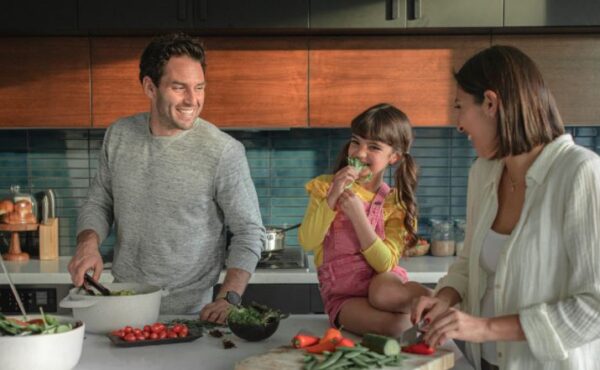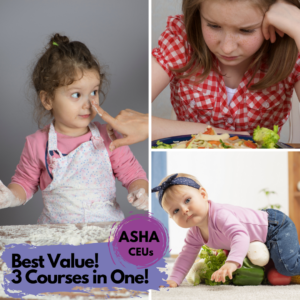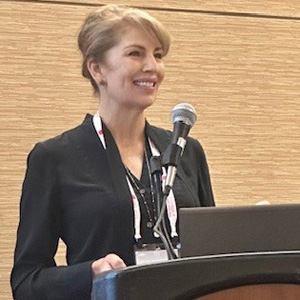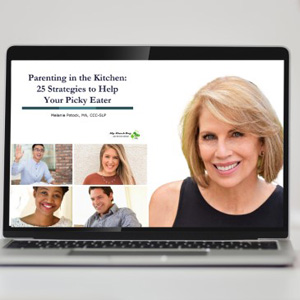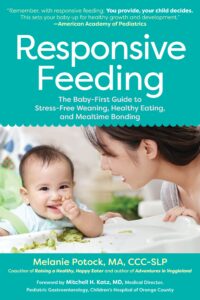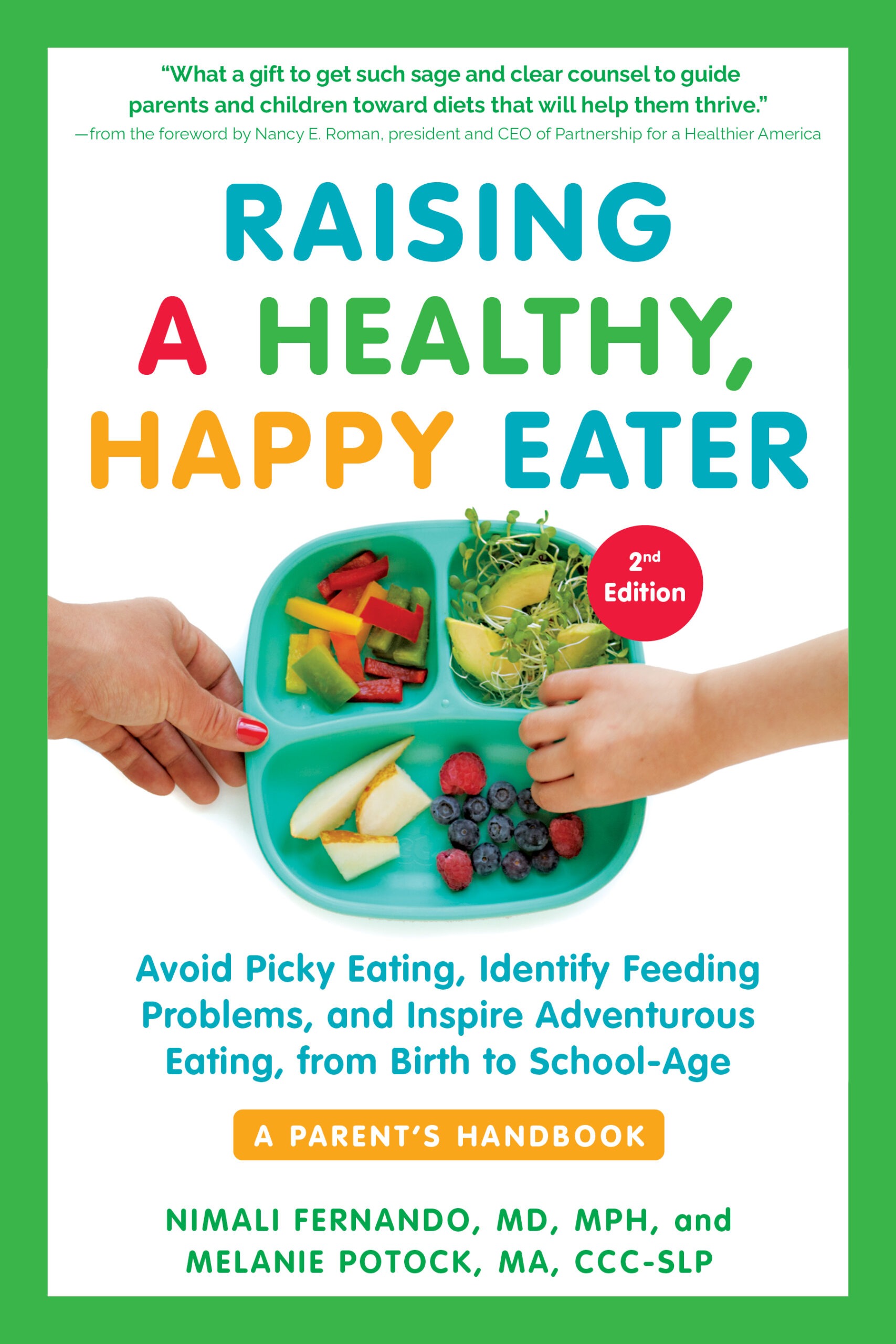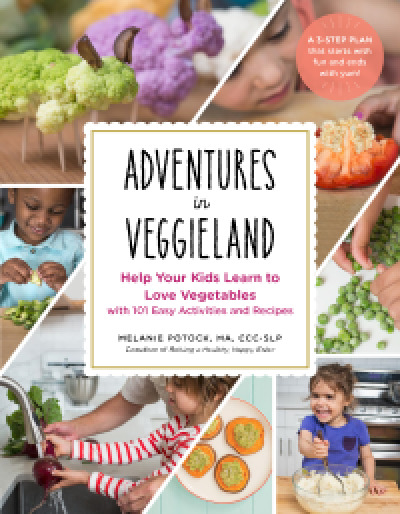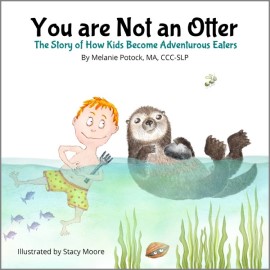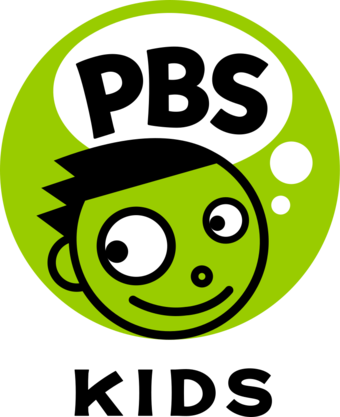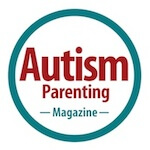Melanie Potock, MA, CCC-SLP is a mom who once had a picky eater. She’s experienced first-hand the stress that parents feel when they are worried about their child’s nutritional health. Fast forward to today, and you’ll find Melanie blending her knowledge of feeding therapy with practical parenting strategies that help the entire family eat healthier. She’s an international speaker and author of six books, including co-authoring the award-winning Raising a Healthy Happy Eater. Whether you’re raising a child who seems to be on the path to loving all kinds of healthy foods (and you want to keep it that way) or if your child is stuck in the chicken nugget rut, “Coach Mel” is here to guide you.
Melanie Potock
Expert Feeding Help
for Professionals and Parents
Melanie Potock’s keynotes, courses, books & articles focus on raising kids to be healthy, happy eaters. From babies to toddlers to teens, “Coach Mel” is here to help.
Raising a Healthy Happy Eater Isn’t Always Easy
Get Expert Advice on Feeding Babies, Toddlers & School Age Kids,
Including Extreme Picky Eaters
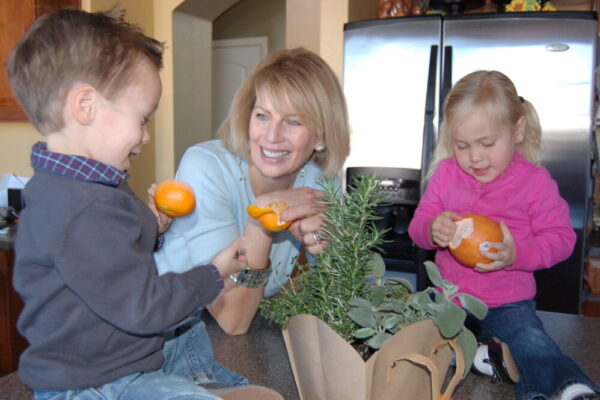
Pediatric Feeding Expert and Author
Melanie's Advice Shared In...
Courses for Parents & Professionals
Melanie offers both on-demand courses and live-streaming Masterclasses. CEUs are optional for both OTs and SLPs, yet audience members include parents, RDs, pediatricians & other health care professionals.
Need help with a picky eater, or just want to prevent kids from falling into the chicken-nugget rut? As a parent, SLP or OT, what do you need to know about child nutrition? What about the anxious eater – Could this be more than just picky eating? Melanie’s on-demand course subscriptions provide the answers!
Want more in-depth instruction in a small group, virtual setting? Register for one of Melanie’s Masterclass!
Explore course options here.

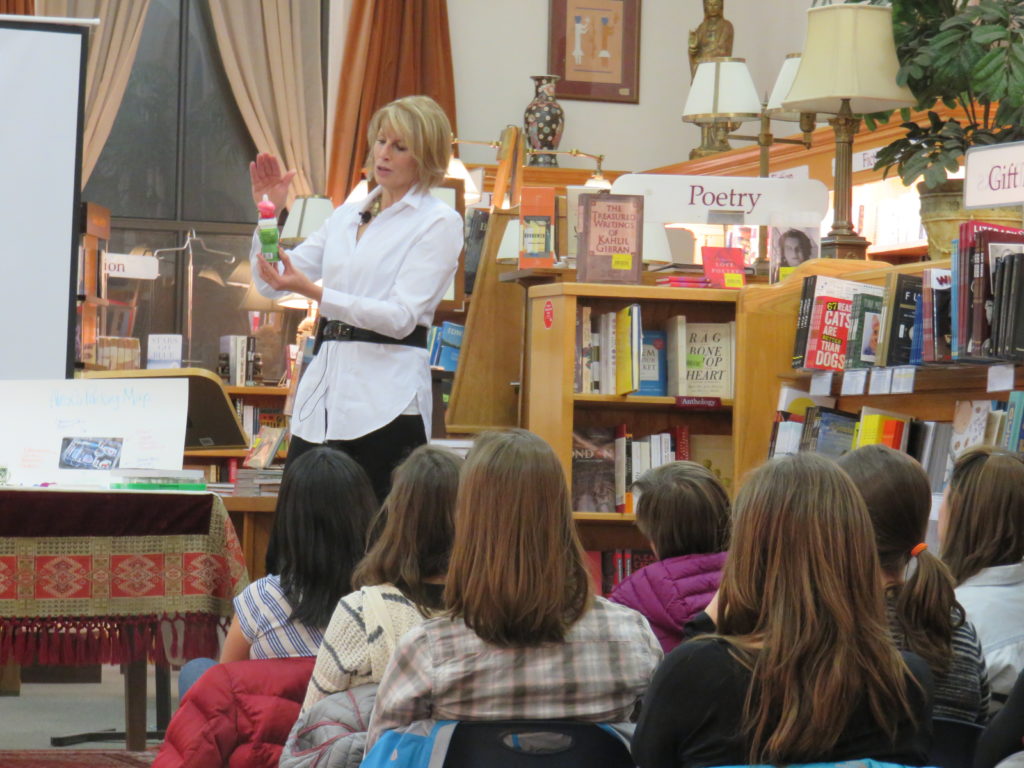
Parenting Advice
Melanie’s advice has been shared in The New York Times, Washington Post, The Wall Street Journal, Parents Magazine and more. Over 150 articles for both parents and professionals are found here or contact Melanie for a personal one-hour coaching session via video chat.
Masterclass participants get a 25% discount on coaching.
Learn more about professional and parent coaching here.
Keynote Speaking
An international speaker, award-winning author and pediatric feeding specialist, audiences find Melanie’s advice to be practical and possible, even in the most challenging cases. That’s because Melanie is in the trenches, working closely with the most extreme picky eaters and supporting families and health professionals around the world. Melanie has been invited to speak at over 100 different events, including the American Speech Language Hearing Association’s National Conference and the Food and Nutrition Conference and Expo.
Audiences say it best: If you are looking for a professional speaker who can “provide practical solutions” for parents, caregivers and therapists and your company needs a “highly knowledgeable, organized presenter” with “energy and enthusiasm” who can deliver a “dynamic course”, then your best choice is Melanie Potock. Contact Melanie here.


Product Consulting
Need expert input on your new parenting product? Melanie has provided expert advice for Orgain, Inc., Holland Health Care, Inc., Healthy Height, Inc., NumNum, LLC and numerous health care and parent product companies.
Looking for an expert to educate your team on how children learn to become adventurous eaters, baby-self feeding or the importance of purees? Feeding is developmental, just like learning to crawl, walk, run. At least 1 in 4 typically developing children have trouble learning to eat! Raising a healthy, happy eater requires the right tools and the right advice. Melanie provides company education and collaboration via webinars, social media and creating educational videos for your audience.
Contact Melanie here.
Blog
feeding advice for parents and professionals
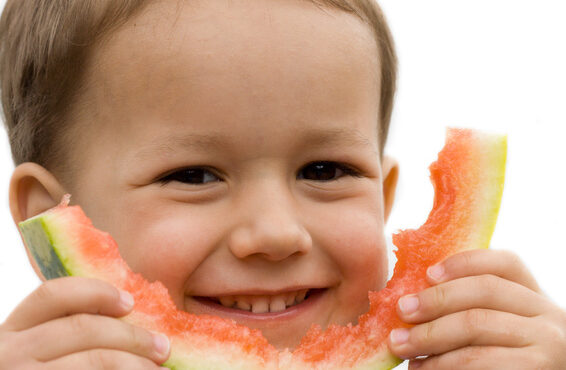
50 Easy Ways to Get Your Kid to Eat New Foods

A Special Needs Guide for Learning to Eat with Your SEVEN Senses – Part One

3 Ways to Explain Baby-Led Feeding to Your Extended Family
